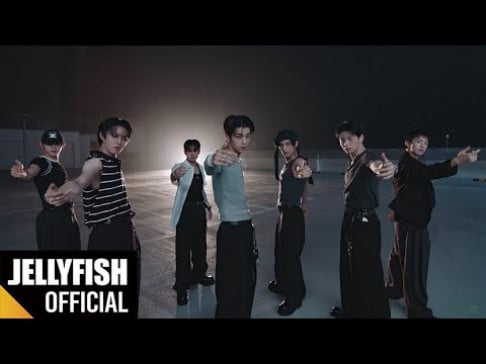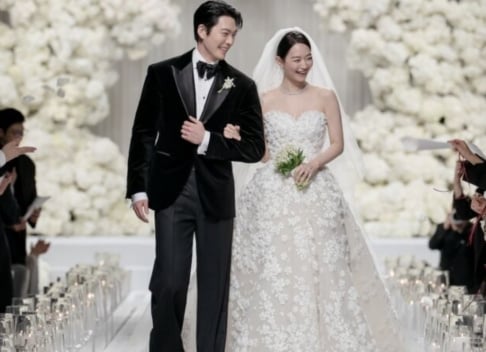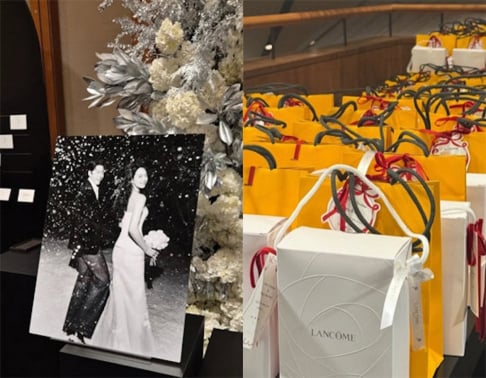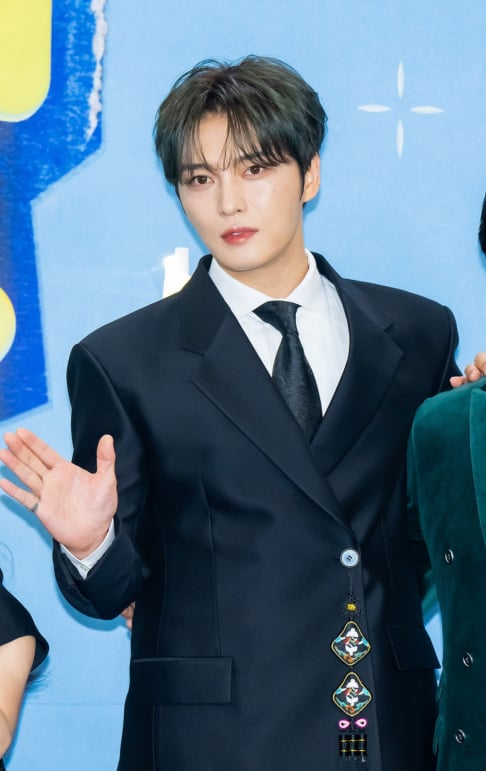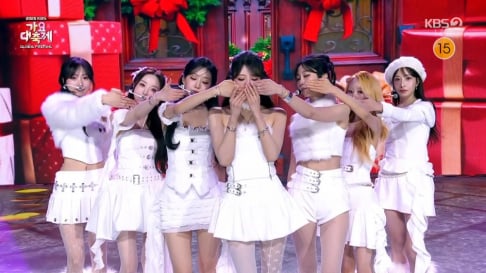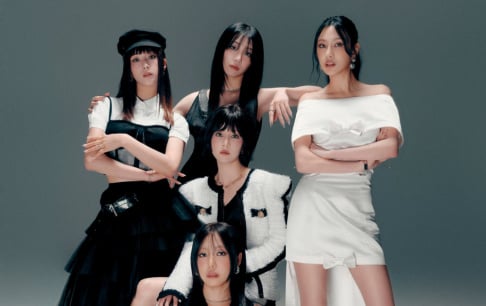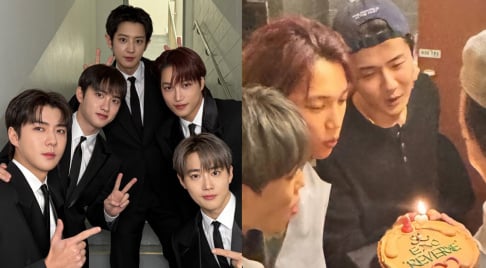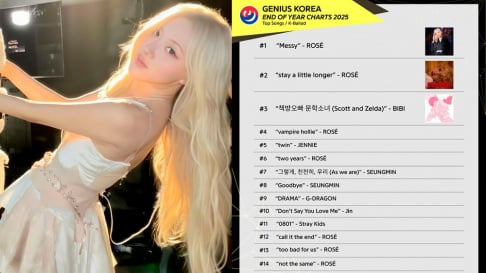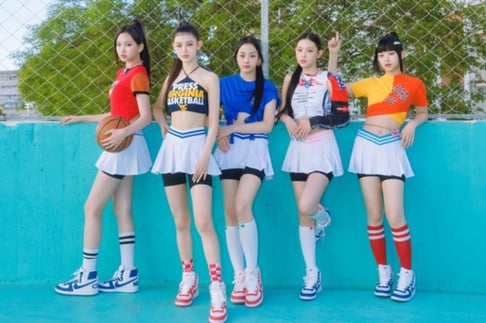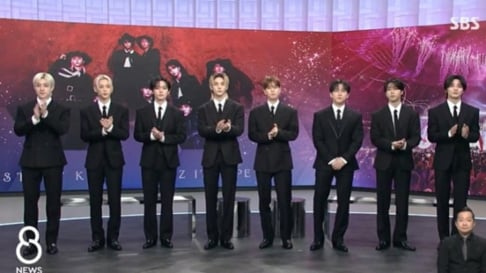
If you've been hanging around K-pop comment sections lately, you've probably seen fans saying things like “K-pop isn’t what it used to be” or “It feels too Western now.” Some are even asking, “Where did all the Korean-language songs go?”
As K-pop continues to grow globally, there’s no denying that the music has shifted. Back in the day, K-pop was made mainly for a Korean audience. But ever since the 2020s, with more global fans entering the scene, the sound and style have started leaning more toward Western trends: musically and visually.
One of the most obvious changes? More English songs. A few years ago, getting a full English single was rare. Now, it’s the norm. BTS gave us “Dynamite” and “Butter,” TXT followed with “Do It Like That,” and other groups are quickly following suit.
Another thing fans are missing? The bridges. Remember when K-pop songs had those emotional, explosive bridges that gave you chills? Think Taeyeon in “I” or Red Velvet in “Psycho.” Those moments elevated the entire track. Now they’re becoming harder to find.
Let’s not forget the iconic high notes either. IU’s three-octave belt in “Good Day” is legendary. EXO had at least one power note in nearly every title track. INFINITE made it a signature, too. Those vocals proved that K-pop wasn’t just about sharp choreography and visuals, it was also about vocal talent.
And what happened to coordinated stage outfits? These days, the styling sometimes feels random, and it’s honestly created more drama than needed. When one member is styled way more extravagantly than the others, it invites fan wars, favoritism claims, and unnecessary tension. It used to be about unity, with just a few personal tweaks. Now, it’s often every idol for themselves on stage.
It’s tough watching K-pop slowly move away from the very things that made it stand out in the first place. The mix of Korean culture, language, and emotion wasn’t just a gimmick; it was what gave the genre its soul. From the lyrical storytelling to traditional influences in melodies, visuals, and even choreography, it felt like something you couldn’t find anywhere else. That authenticity is what drew international fans in and made them stay. As more groups debut with global ambitions, there’s hope that they won’t lose sight of those roots. K-pop doesn’t need to become Western to be successful; it became a global force because it was different from "Western" music. Hopefully, the next wave of idols finds a way to honor that and bring back more of the “K” in K-pop.
SEE ALSO: BTS’s “Anpanman” tops Billboard World Digital Song Sales chart 7 years after release
 SHARE
SHARE
